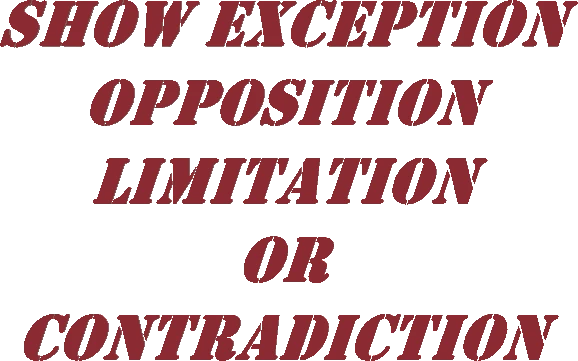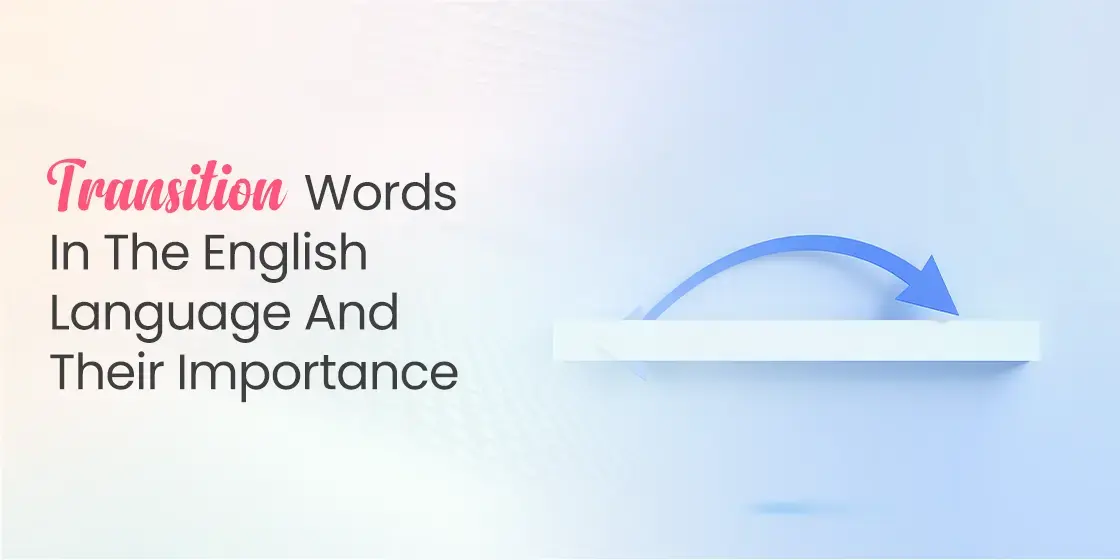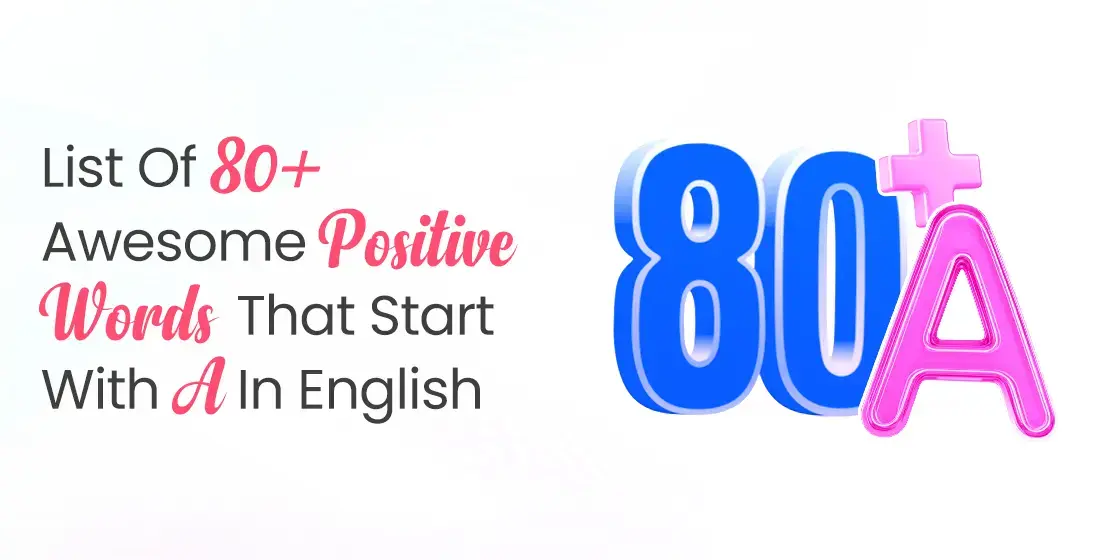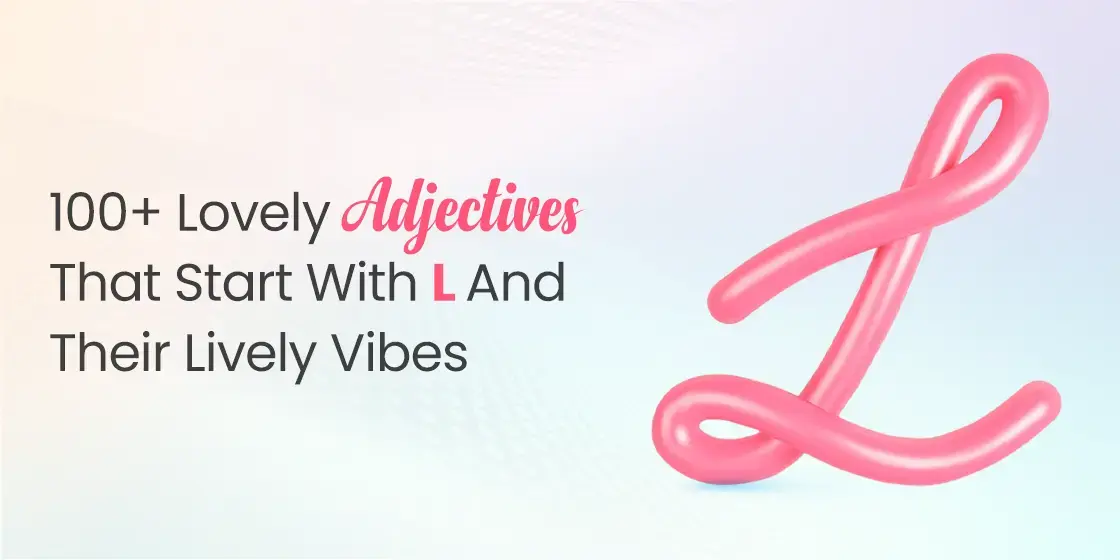Table of Content
Discover How the Transitional Words in English Can Enhance Your Message’s Impact
Transition words are the unsung heroes of effective communication. They are the connective tissue of language, seamlessly guiding readers from one idea to the next, creating a smooth and logical flow within a piece of writing. These words, often overlooked, play a crucial role in enhancing clarity, improving readability, and strengthening the overall impact of your message.
Just as a skilled architect uses blueprints to construct a sturdy building, writers rely on transition words to build a strong and coherent framework for their ideas. These words act as signposts, indicating the direction of the writer’s thought process and guiding the reader through the maze of information. Whether you’re crafting a persuasive essay, a captivating narrative, or a concise report, mastering the art of using transition words is essential for effective communication.
Beyond simply connecting sentences and paragraphs, transition words contribute significantly to the overall tone and style of your writing. They can add nuance and sophistication to your prose, making it more engaging and persuasive. By carefully selecting and strategically placing transition words, you can guide your readers through your ideas with precision and grace, leaving a lasting impression.
Let’s take a look at some great transitional words used by professional speech writing services to create compelling narratives that hook in the audience and keep them transfixed onto the orator.
Understanding Transitional Words – A Detailed Overview of Their Various Categories
Transitional words and phrases can be broadly categorized based on their function within a sentence or paragraph. These categories help writers to understand how to use these words effectively to achieve specific communicative goals:
1. Addition: These words introduce new information or ideas that support or expand upon the previous point.
2. Agreement: These words emphasize agreement or confirmation with a previous statement.
3. Similarity: These words highlight similarities or parallels between ideas.
4. Contrast: These words introduce opposing ideas or contrasting viewpoints.
5. Cause and Effect: These words establish a cause-and-effect relationship between ideas.
6. Exception: These words introduce exceptions or limitations to a general statement.
7. Opposition: These words introduce opposing ideas or contradictions to a previous statement.
8. Limitation: These words introduce limitations or qualifications to a general statement.
9. Order: These words indicate the sequence or order of events or ideas.
10. Time: These words indicate the temporal relationship between events or ideas.
11. Reiteration: These words restate or rephrase an idea in a different way.
12. Emphasis: These words emphasize or strengthen a particular point.
13. Examples: These words introduce examples to illustrate or support a general statement.
14. Summary: These words signal the conclusion or summary of a discussion.
Popular Transition Words in the English Language (Sorted By Category)
By understanding these categories and the specific functions of each transition word, writers can effectively guide their readers through their ideas and create a more cohesive and persuasive piece of writing.
Here are a few of the most popular transitional words used in the English language these days, useful in everything from speechwriting to seo copywriting. Let’s begin.
Transition Words to Add, Give Agreement, or Show Similarity

One of the most common ways to use transition words is to use them to add to the narrative. The following additive transition words would be of great help to you in such instances.
- Additionally
- Again
- Along with
- Also
- And
- As well
- Besides
- By the same token
- Correspondingly
- Furthermore
- In addition
- In the same way
- Likewise
- Moreover
- Not only that
- Similarly
- Too
- What’s more
- Certainly
- Undoubtedly
- Of course
- Indeed
- Absolutely
- Naturally
Transitional Words to Compare

Comparisons are a natural trait among us humans. Many of us have a habit of comparing things around us against the concept of that thing in our mind, or against a more ideal version of it we have experienced before. These transitional words can help us with them.
- Although
- Analogous to
- As compared to
- By comparison
- By the same token
- Comparable to
- Conversely
- Correspondingly
- Despite
- Equally
- Even though
- However
- In a similar way
- In like manner
- In parallel
- In spite of
- In the same vein
- In the same way
- Instead
- Just as
- Likewise
- Nevertheless
- Nonetheless
- On the other hand
- Rather
- Similarly
- Whereas
Transition Words to Prove

The following transition words help us prove a point through our content.
- Accordingly
- As
- As a result
- As proof
- Because
- Certainly
- Consequently
- Due to
- Evidently
- For this reason
- Hence
- In fact
- Indeed
- Owing to
- Since
- Therefore
- Thus
Transitional Words to Show Exception, Opposition, Limitation, or Contradiction

Transition words that show opposition can be a great tool to make your narrative stand apart. And while some may consider them as weird English words that are kind of a negative addition to your content, sometimes contradiction and opposition are what intrigue the audience towards you.
- Albeit
- Although
- Apart from
- Barring
- But
- Conversely
- Despite
- Even though
- Except
- Except for
- However
- In contrast
- In spite of
- Instead
- Nevertheless
- Nonetheless
- Notwithstanding
- On the one hand
- On the other hand
- Regardless
- Save
- Still
- Though
- Whereas
- While
- Yet
Transition Words to Show Time or Chronology

While showing the sequence of elements may be considered chronology in some instances, more often than not there is a massive difference between the two. That is where these transition words come into play to help us make our content more empathetic.
- After
- Afterward
- As soon as
- At the same time
- Before
- Beforehand
- Concurrently
- During
- Earlier
- Eventually
- Finally
- First
- In the meantime
- Lastly
- Later
- Meanwhile
- Next
- Previously
- Second
- Simultaneously
- Soon
- Subsequently
- Then
- Thereafter
- Third
- While
Transitional Words to Repeat

Repetition or reiteration is a common way of emphasizing or pointing out important points in your narrative, and transition words that show allow us to repeat the information are a great addition to your vocabulary.
- Again
- As mentioned before
- As mentioned earlier
- In other words
- In short
- In simpler terms
- Put simply
- Reiterating (Can also be found among adjectives that start with R)
- Restating
- Simply put
- That is to say
- To clarify
- To put it another way
- To put it differently
- To repeat
- To restate
Transition Words to Emphasize

Sometimes, you need more than simple adjectives to describe a person to emphasize a characteristic or trait. That is where these emphasis-enhancing transition words come into play.
- Above all
- Absolutely
- Again
- As a matter of fact
- As mentioned before
- As mentioned earlier
- Certainly
- Clearly
- Especially
- In fact
- In other words
- In particular
- In short
- In simpler terms
- Indeed
- It should be noted
- Most importantly
- Notably
- Put simply
- Reiterating
- Restating
- Simply put
- Specifically
- That is to say
- To be sure
- To clarify
- To put it another way
- To put it differently
- To repeat
- To restate
- Truly
- Undoubtedly
- Without a doubt
Transitional Words to Show Sequence

Sequence transition words are great at showing the order of events or elements of your content, helping the audience understand the flow of information coming towards them.
- Afterward
- As soon as
- At the same time
- Beforehand
- Earlier
- Eventually
- Finally
- First
- In the meantime
- Lastly
- Later
- Meanwhile
- Next
- Previously
- Second
- Simultaneously
- Subsequently
- Then
- Thereafter
- Third
Transition Words to Give an Example

These transitional words are great at helping us pose an example to emphasize our point better to the audience.
- Again
- As mentioned before
- For example
- For instance
- In other words
- In short
- In simpler terms
- Namely
- Put simply
- Reiterating
- Restating
- Simply put
- Specifically
- Such as
- That is to say
- To clarify
- To illustrate
- To put it another way
- To put it differently
- To repeat
- To restate
Transitional Words to Summarize, Conclude, or Restate

These transition words are used to summarize, end, or restate a narrative in a way that brings the audience attention towards the focal point of your entire content.
- All in all
- All things considered
- As a result
- Finally
- In a nutshell
- In brief
- In conclusion
- In essence
- In short
- In summary
- On the whole
- Overall
- To conclude
- To sum up
- To summarize
- To wrap up
- Ultimately
Conclusion
In conclusion, transition words are essential tools for effective communication, whether its oral, or part of written brand copywriting. By carefully selecting and strategically placing these words within your writing, you can create a more coherent, engaging, and persuasive piece of work. Whether you are writing an academic essay, a creative story, or a professional report, mastering the use of transition words is crucial for conveying your ideas effectively and achieving your writing goals.

Unleash your brand story`s potential with eContentSol – your creative writing companion. We craft narratives that captivate. Ready to elevate your content game? Dive into creativity with us and let`s bring your ideas to life.


